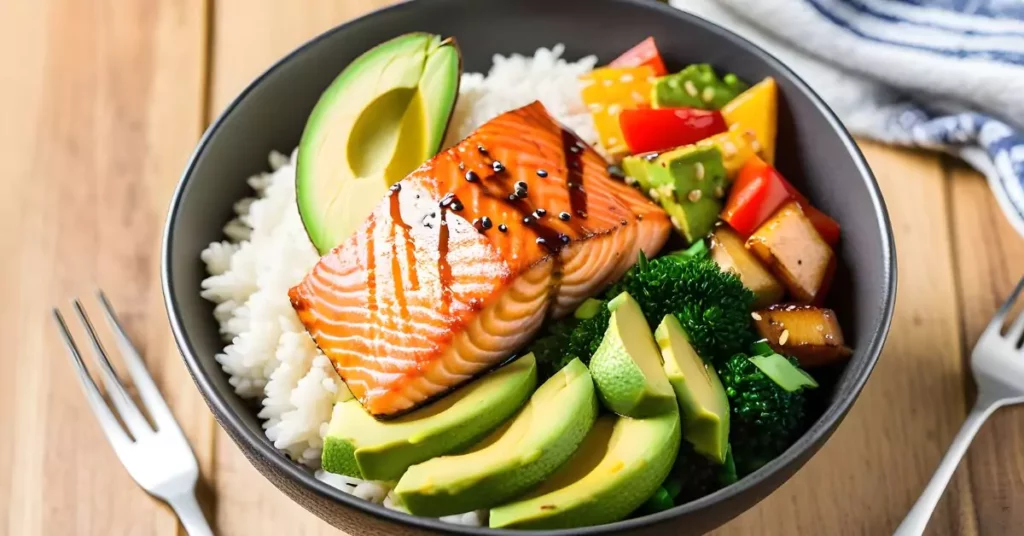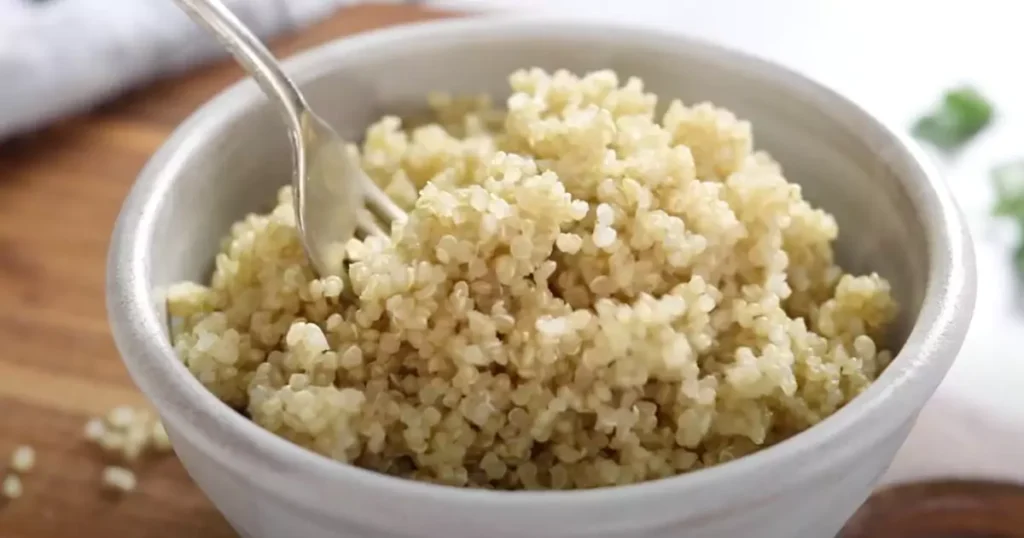
When you find yourself grappling with vomiting, the thought of eating may seem impossible. However, certain foods can help alleviate nausea and soothe your stomach. This curated list highlights the top 10 foods for vomiting, which can assist in providing relief. Discover the key to a more comfortable experience and explore these nausea-reducing options.
Applesauce:
Applesauce, known for its gentle and smooth texture, is a stomach-friendly option that aids in calming nausea. Pair it with crackers or toast to assist in neutralizing stomach acid.
Ice Chips:

Sipping on ice chips or enjoying ice pops can effectively cool and soothe a queasy stomach. Remember not to overindulge in ice to avoid potential stomach discomfort.
Bananas:
Rich in potassium, bananas serve as an excellent choice to replenish lost electrolytes due to vomiting or diarrhea. They also work to ease stomach discomfort.
Rice:
With its bland nature, rice is an ideal choice to help settle an upset stomach. Additionally, it contains soluble fiber, which aids in firming up loose stools.
Toast:
Dry toast is another bland yet effective option for soothing your stomach. Ensure that you consume it without spreads or toppings, as they may exacerbate nausea.
Soup:
Opt for broth-based, low-fat soups when experiencing vomiting. They provide hydration and soothing comfort during this challenging time.
Ginger:
Ginger, a renowned natural remedy for nausea, can be consumed in various forms such as ginger tea or ginger candy, offering respite from vomiting.
Peppermint:
Peppermint, another herbal solution, can help relieve vomiting. Consider peppermint tea, peppermint candy, or peppermint oil capsules, available at health food stores.

Chamomile Tea:
Chamomile tea, known for its ability to treat nausea, can be consumed multiple times a day to ease your symptoms.
Coconut Water:
As an excellent source of electrolytes, coconut water can help prevent dehydration during bouts of vomiting. Its light and refreshing nature makes it a suitable choice for those experiencing nausea.
Certainly! Here’s a table with the recommended foods for vomiting, along with suggested quantities:
| Food | Recommended Quantity |
|---|---|
| Applesauce | Small bowl |
| Ice Chips | As desired |
| Bananas | 1 medium banana |
| Rice | 1 cup (cooked) |
| Toast | 2-3 slices of dry toast |
| Soup | 1 cup of broth-based soup |
| Ginger | Ginger tea or candy as needed |
| Peppermint | Peppermint tea or candy as needed |
| Chamomile Tea | As desired |
| Coconut Water | 1 cup |
Note For Preventing Vomiting Naturally At Home :
Please note that these quantities are general recommendations and may vary depending on your personal preferences and tolerance. It’s essential to listen to your body and consume these foods in amounts that are comfortable for you while experiencing nausea and vomiting. If your symptoms persist or worsen, consult a healthcare professional for personalized guidance.
Precautions For Preventing Vomiting Naturally At Home :
- Moderation: Consume these foods in small, manageable portions. Overeating can lead to discomfort or further nausea.
- Stay Hydrated: Along with these foods, it’s crucial to stay hydrated. Drink clear fluids such as water, ginger tea, or electrolyte solutions to prevent dehydration.
- Avoid Triggers: Identify and avoid any specific foods or smells that trigger your nausea. Everyone’s triggers can be different.
- Rest: Give your body time to recover. Rest and relax, as excessive physical activity can worsen nausea.
- Temperature: Opt for foods and liquids that are at room temperature or slightly cool. Extremely hot or cold items might irritate your stomach.
- No Alcohol or Caffeine: Avoid alcohol and caffeinated beverages, as they can exacerbate nausea.
- Oral Rehydration: If vomiting is persistent, consider using oral rehydration solutions to replenish lost fluids and electrolytes.
- Medication: Consult a healthcare provider before taking any over-the-counter medications or herbal remedies for nausea. They can provide guidance on what’s safe and effective for your situation.
- Consult a Doctor: If vomiting is severe, lasts more than 24 hours, or is accompanied by other concerning symptoms like high fever, blood in vomit, or severe abdominal pain, seek immediate medical attention.
- Allergies or Sensitivities: Be mindful of any food allergies or sensitivities you may have before trying new foods. Avoid any foods that you know can trigger adverse reactions.
- Listen to Your Body: Pay attention to your body’s signals. If a particular food worsens your condition, discontinue it immediately.
- Ease Back into Regular Diet: Once your nausea subsides, gradually reintroduce a balanced and normal diet to avoid any digestive upsets.
Remember
If you find yourself frequently vomiting or unable to retain any food, it is imperative to seek medical attention. Dehydration resulting from vomiting can be a serious concern, emphasizing the need for prompt medical care when facing severe symptoms.
Incorporating these foods into your diet can significantly contribute to easing nausea when vomiting. However, remember that individual responses may vary, and it is essential to consult a healthcare professional when experiencing persistent or severe symptoms.

























































































































